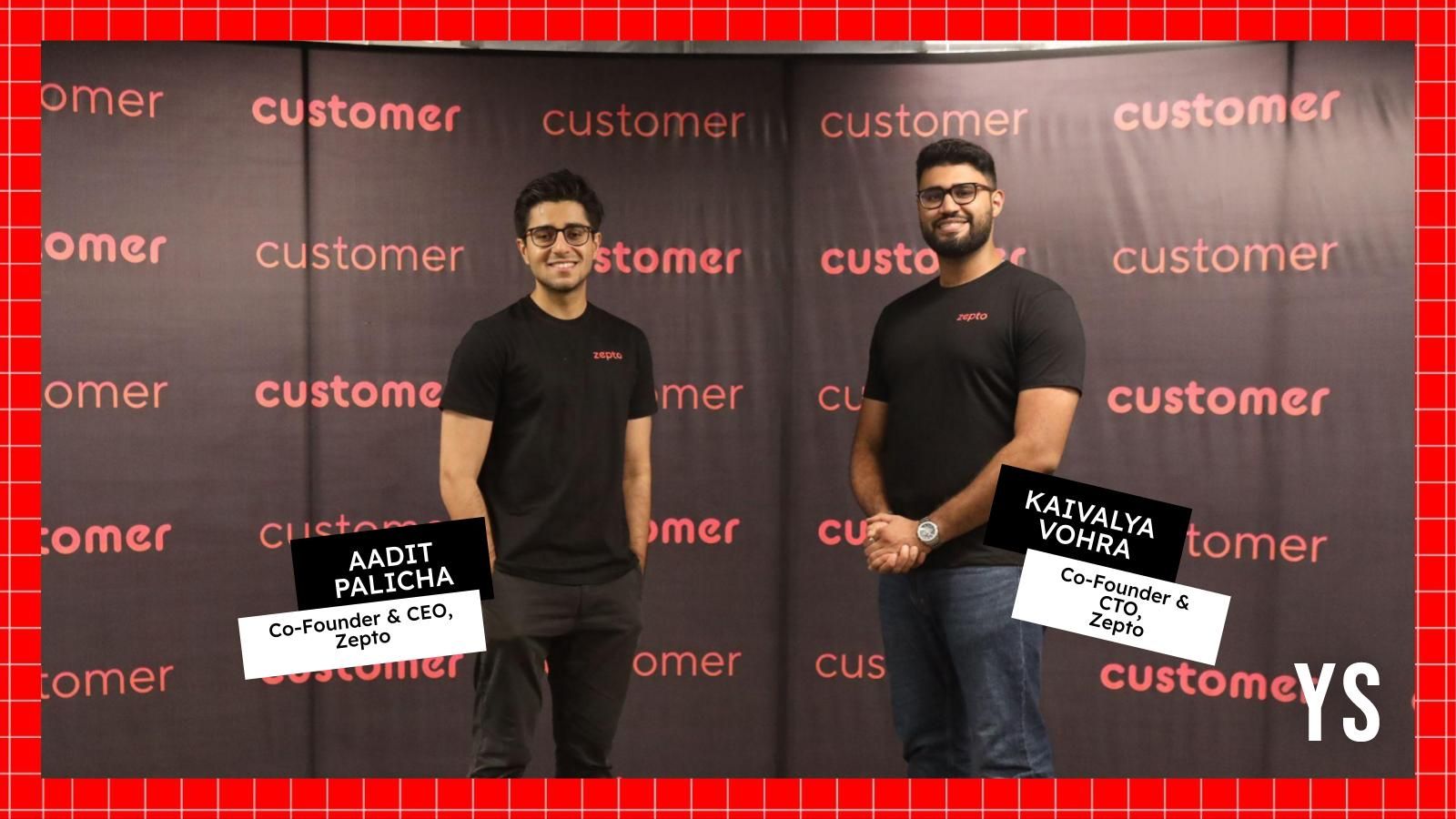Copyright yourstory

For Zepto Co-founder Kaivalya Vohra, the antidote to startup burnout isn’t mindfulness or money—it’s the quiet steadfastness of a co-founder who holds the fort when he can’t. In a candid fireside chat at YourStory's TechSparks 2025, Vohra opened up about mental health and his entrepreneurial journey, offering rare insights into how one of India's youngest startup founders navigates the pressures of building a hyper-growth company. When asked about his own mental health practices, Vohra highlighted something often discussed in Silicon Valley but rarely examined from a well-being perspective: the value of having a co-founder. "There is this common consensus or trope in Silicon Valley and other places that it's better to have co-founders than be a solo founder. And the biggest reason for that actually is that it [running a startup] is so difficult," Vohra explained, referring to his partnership with co-founder Aadit Palicha, whom he has known since school. "There'll be so many times, and there have been so many times where one of the two of us is really down in the dumps about something," he shared."So, having somebody that, you know, is doing the exact same thing day in, day out with you really helps." Vohra noted that while occasionally, the co-founders struggle simultaneously, it's rare. "It's not likely that both of us... Or sometimes that's also happened, that both of us are down in the dumps about the same thing at the same time. But generally, you know, that doesn't happen." Beyond the co-founder relationship, Vohra emphasised the importance of friends and family. "[I am] very blessed to have an incredible set of friends and family that have been very supportive throughout." "Generally, if something is really bothering either one of us, I think we have a fairly stable and incredible support system around also, if you want to talk something through," he said. Nikhil Mittal, CTO of Zepto, echoed similar sentiments, adding: "It's more about whatever challenges are bothering you or whatever challenges I have, freely talking about those with peers, with teammates, etc. [helps]. Our friends and family have generally helped." Interestingly, Vohra admitted he doesn't follow any conscious mental health practices. "Nothing conscious, I think some of these things are things that we've been blessed with," he said, acknowledging the role of fortune in having strong support systems. In response to the age-old question of whether money can buy happiness, Vohra offered a measured answer. "Can money buy happiness? I don't think so. Maybe up to some extent, it can definitely give you some sort... money can buy freedom for sure," Vohra said, before clarifying his stance. "Money can definitely buy freedom. Happiness, probably not." He elaborated, "There are certain things that money can unlock, like freedom over maybe time and comfort, etc. But probably not happiness. That probably comes from somewhere much deeper than money." (Edited by Suman Singh)



